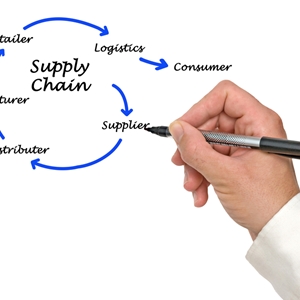Apple is reportedly taking steps to make its supply chain more environmentally-friendly. According to a press release from the company, it is pursuing enough solar energy projects in China to help counteract the energy output of the business' supply efforts in that country.
Over the next five years, the initiative will reduce millions of tons of gas pollution in the atmosphere while also pursuing "carbon neutrality" in that country, as it has already done stateside.The solar panels are only one part of the overall strategy to target emissions.
Apple is planning to share best practices to promote better general commitment to renewable energy. All of the energy expense for Apple's offices in China will reportedly be made up for by renewable fuel.
With comprehensive IT that extends throughout the chain, companies may be able to address widespread issues and uphold standards in different countries. Writing for Green Biz, Katherine Peavy of the Center for Responsible Enterprise And Trade explains the necessity for businesses to collaborate fully with their supply chains for better compliance, no matter what the subject is.
"How mature are the management systems they have in place to address compliance?" she writes. "Although there is growing sophistication of the importance of business processes to meet a variety of standards, many companies still lag. Understanding what systems are in place and working to improve practices can be beneficial for increasing transparency and trust."
For easy access through different terminals and devices, a portal integration strategy will help companies coordinate the use of diverse data, and facilitate operations for a less wasteful approach to logistics.

